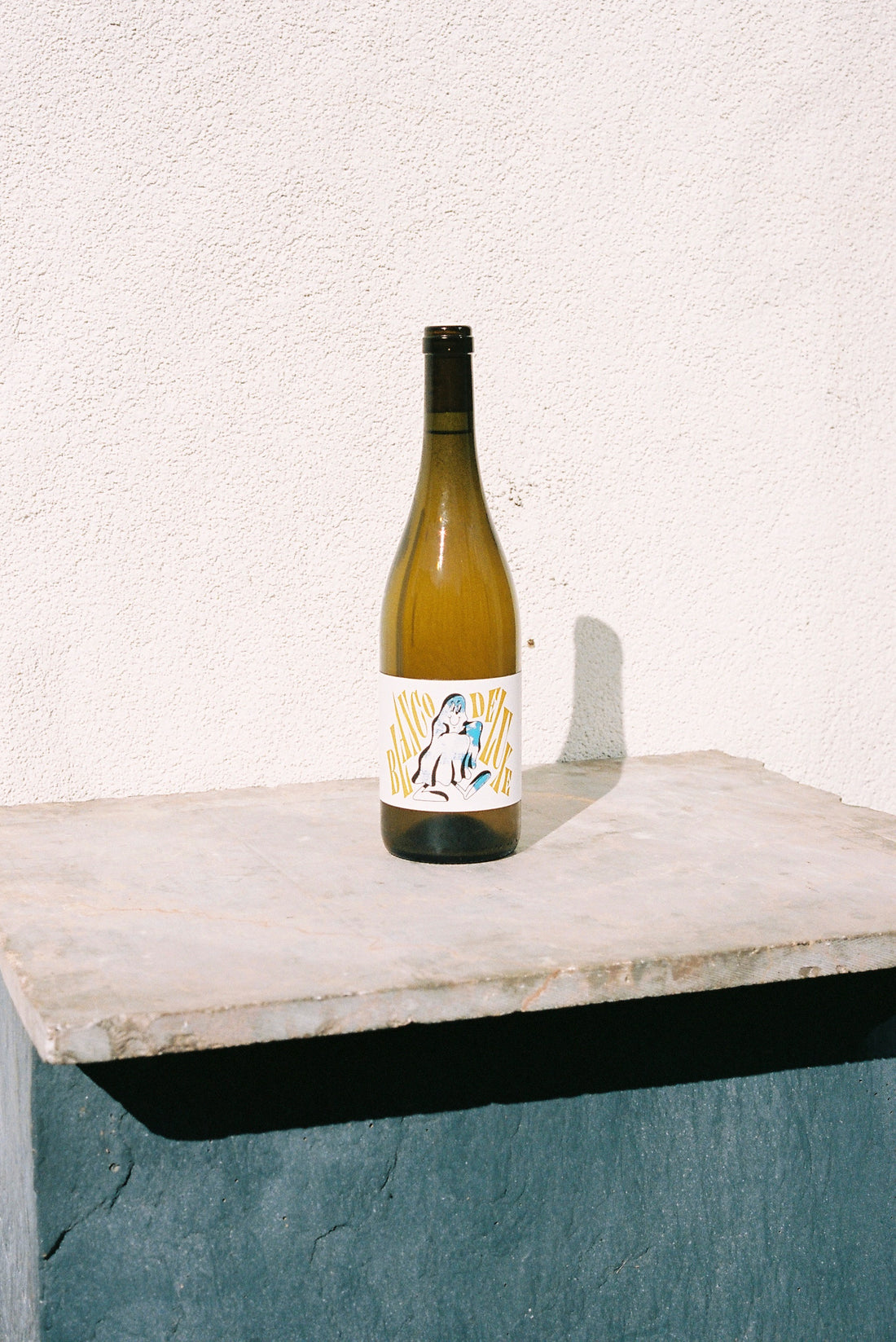
What is Skin-Contact Wine?
Share

Skin-Contact wines are having a real moment of their own right now but despite their popularity a lot of people still ask us – what is orange wine?
WELL – skin-contact is another term for maceration, or the period during winemaking when the grape skins remain in contact with the juice. To begin with, a skin-contact wine, also known as an orange wine, macerated wine, or amber wine, is produced all over the world—and, most surprisingly, it is not made from oranges. These golden-hued wines are white wines that have been vinified in a red wine style.
Most skin-contact winemakers utilise only local yeast (no inoculation) and minimal or no sulphites and are typically lower in alcohol and have a lighter body. We love skinsy wines because they are versatile, diverse and always sure to please someone. They can be delicate and fruity, oxidised (nutty or cooked fruit notes), sour (like a fermented beer), or solid and complex, depending on the time spent on the skins and the fermenting procedure.
They ferment with the grape skins, which is responsible for the wine's colour. Skin-contact wines can range from golden-straw yellow to vivid amber, to orange in colour, based on how long the juice ferments with the skins. The time spent on the skins also lends these wines additional red wine characteristics, such as more body and tannin but still keeping the white wine's lip smacking acidity. The deeper the skins are in contact with the juice, the more powerful and complex the wine becomes.
“Amber wine” is the preferred term for skin-contact wines from the Republic of Georgia, where the technique is said to have originated. The traditional method of winemaking used in the region is to let indigenous white grapes like Rkatsiteli and Tsolikouri ferment on their skins undisturbed in clay vessels called qvevri. This practice has become prevalent now across Europe with terracotta vessels now commonly used in lo-fi winemaking processes.
Historically, Georgia is credited as having the world's oldest vines (and the first ever recorded vineyard) and biblical scriptures and ancient parchments credited skin-contact wine as medicinal, and given the more modern refinement of vinification practices, we can safely say that Jesus was a skin-contact winemaker and enthusiast. Big ups to our guy Jesus!

